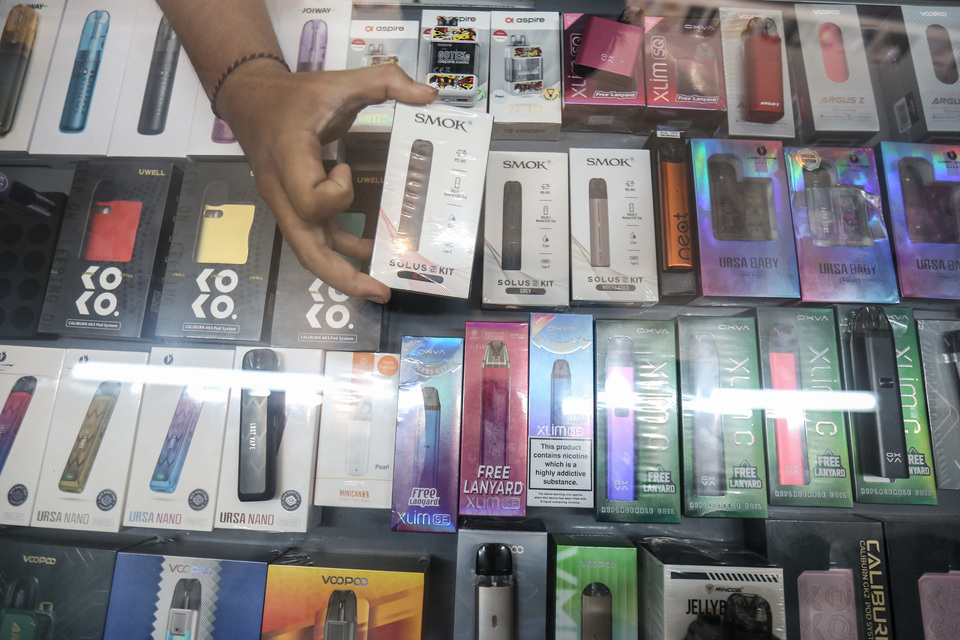
The Dutch government is currently in discussions regarding legislation to ban the sale of nicotine pouches, which is anticipated to take effect on January 16, 2023.
Dutch health experts are calling for the repeal of their ineffective tobacco policy. These experts stress that despite the government's widespread "smoke-free generation" plan, the number of young people smoking has actually increased four years later. Pulmonologist and anti-smoking activist, Wanda de Kanter, states that "the evidence shows that raising the structural price of cigarettes is one of the most effective ways to reduce smoking.
She added that the lobbying efforts of big tobacco have prevented structural price increases for cigarettes. Therefore, it is crucial to ban any progress made by tobacco lobbying groups in terms of tobacco control. This is the only way to regulate the tobacco industry. Manufacturers are always trying to introduce new products such as e-cigarettes.
Meanwhile, the Dutch government has proposed a ban on nicotine pouches and placing these products under the country's "Tobacco and Smoking Products Act". The proposed bill also suggests introducing nicotine products without tobacco and the use of these products (such as nicotine e-cigarettes) under the same act. Oral non-tobacco nicotine products (such as nicotine pouches) will be banned.
Numerous studies have shown the relative safety of nicotine pouches and their potential to help smokers quit or at least reduce harm. A study titled "Assessment of biomarkers of potential harm and physiological measures in exclusive users of nicotine pouches and never smokers" was commissioned by the tobacco company British American Tobacco (BAT) and conducted to test this hypothesis.
This document has been generated through artificial intelligence translation and is provided solely for the purposes of industry discourse and learning. Please note that the intellectual property rights of the content belong to the original media source or author. Owing to certain limitations in the translation process, there may be discrepancies between the translated text and the original content. We recommend referring to the original source for complete accuracy. In case of any inaccuracies, we invite you to reach out to us with corrections. If you believe any content has infringed upon your rights, please contact us immediately for its removal.







